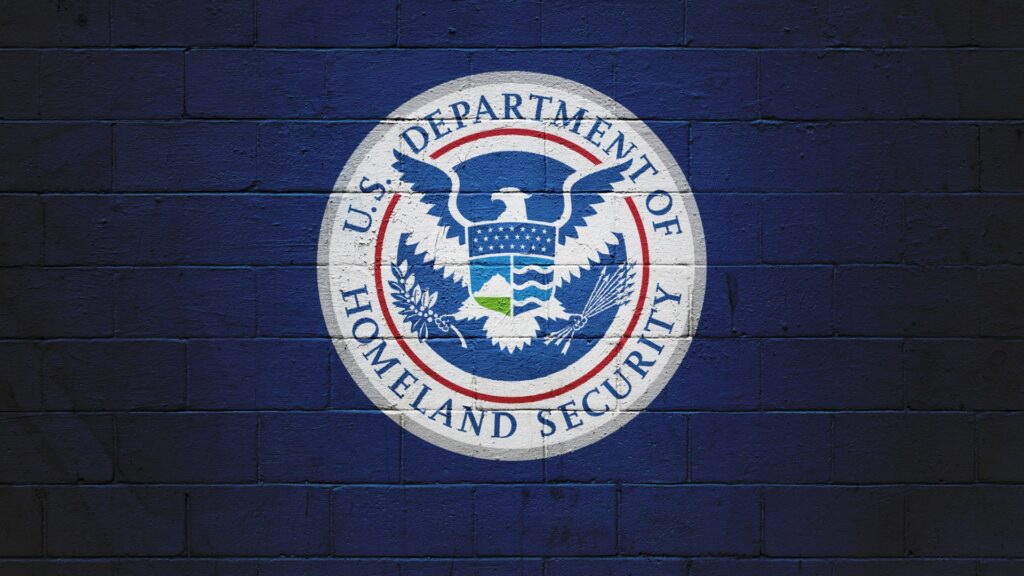The Department of Homeland Security (DHS) has settled another lawsuit which should positively impact the spouses of H-1B and L-1 visa holders.
DHS agreed late last week in a settlement resulting from the case Edakunni v. Mayorkas to once again process and adjudicate the Form I-539 Application to Extend/Change Status and Form I-765 Application for Employment Authorization Document (EAD) at the same time as the principal’s Form I-129 Petition for Nonimmigrant Worker for H-4 (spouses of H-1B) and L-2 (spouses of L-1), as long as all three petitions were filed concurrently.
The settlement and resultant process will go into effect on Jan. 25, 2023.
The Form I-539 is filed by certain nonimmigrants , including H-4 and L-2 spouses, who are seeking to extend their H-4/L-2 stay in the U.S. or change to H-4/L-2 status. These applications are generally filed by the spouse based upon the principal’s (their spouse) H-1B/L-1 nonimmigrant status.
The Form I-765 is filed by certain H-4 and L-2 applicants who are eligible to seek employment authorization in the U.S. Often, Forms I-539 and I-765 are filed together, concurrently with the principal’s Form I-129 being filed to extend their H-1B/L-1 nonimmigrant status.
Historically, United States Citizenship and Immigration Services (USCIS) typically processed the Form I-539 and Form I-765 at the same time as the principal’s Form I-129, even when premium processing service was being requested with the Form I-129.
However, changes made during the Trump administration in 2019 led to the abandonment of that practice, wherein USCIS decoupled the I-539 and I-765 applications from the principal’s I-129 petition.
This practice led to gaps in work authorization for those in H-4 or L-2 status because of significant backlogs and delays at USCIS, in particular with processing these two application types. This “decoupling” practice put many H-4 and L-2 spouses in limbo because, as a result of USCIS delays in processing these two benefits, they were unable to present an unexpired I-94 and/or physical EAD card for employment verification purposes.
Practically, this settlement means that USCIS should revert back to their previous practice for adjudicating the Form I-539 and Form I-765 for those in H-4 or L-2 spousal status, within the same general timeframe as the principal’s Form I-129 petition.
It is important to note that the practice will only apply as long as the Form I-539 and Form I-765 are filed with the principal’s Form I-129 Petition for a Nonimmigrant Worker. In practice, it should also apply when the Form I-129 is filed with premium processing service.
After years of burdensome delays for H-4 and L-2 spouses, this is a welcomed update. Overall, it should help to reduce or prevent gaps in work authorization for eligible H-4/L-2 spouses
The attorneys at Garfinkel Immigration Law Firm continue to monitor the impacts of the settlement and will alert clients as circumstances evolve.
Previous settlement benefiting L, E and H spousal work permits
The Department of Homeland Security (DHS) reached a settlement agreement in November in the class action lawsuit Shergill, et al. v. Mayorkas which also benefited spouses of H-1B, L-1 and E visa holders.
That settlement resulted in L-2 and E spouses being automatically eligible to work in the United States upon effective L-2 or E spousal status pursuant to their Form I-94 without having to apply for an Employment Authorization Document (EAD).
Further, those with H-4 status received an automatic extension of their Employment Authorization Document (EAD) for up to 180 days or through the expiration of their I-94 record (whichever is shorter) as long as their EAD renewal application was timely filed before the expiration of their current H-4 EAD.
Learn more about the settlement in Shergill, et al. v. Mayorkas here.

